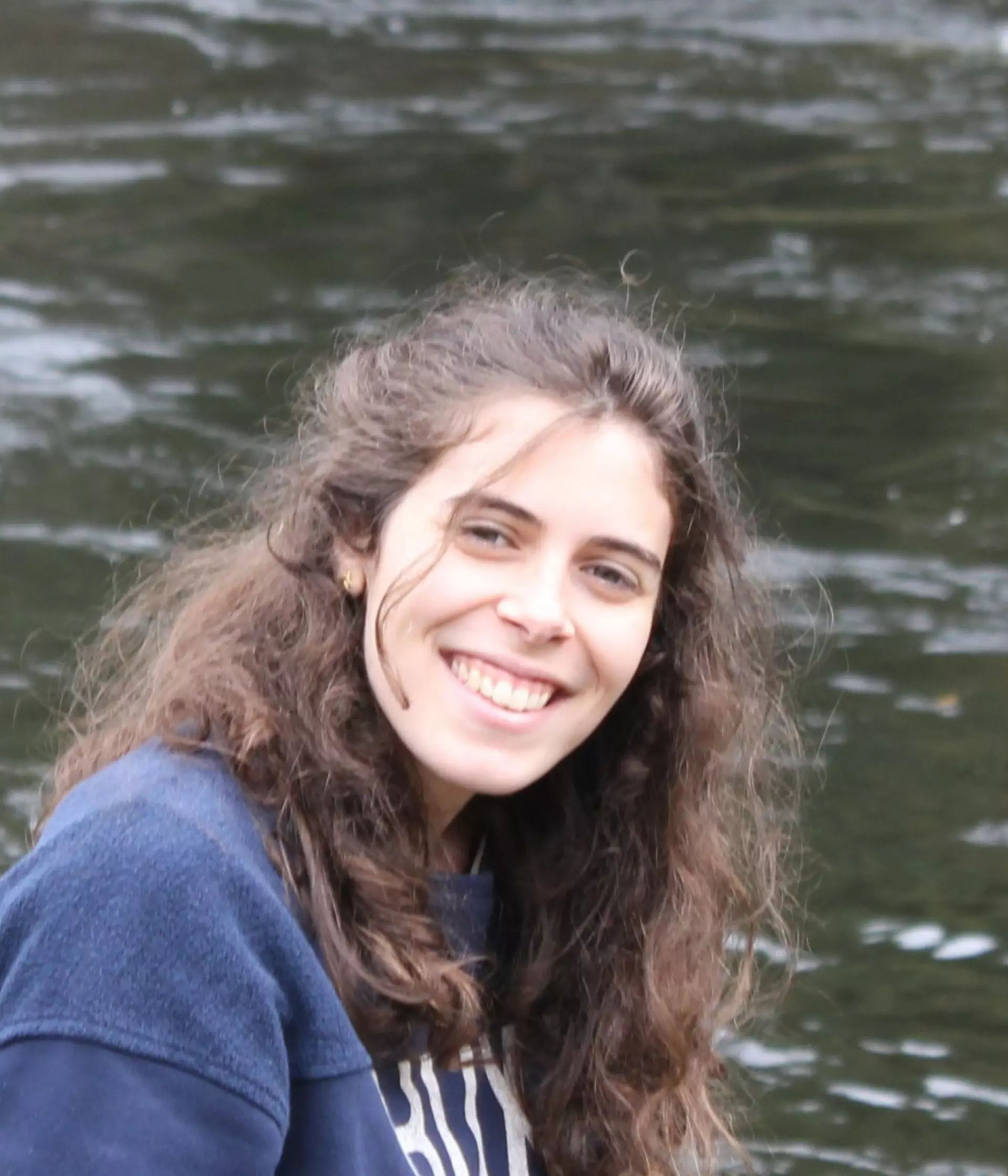Wildlife epidemiology
Institute of Zoology
Zoological Society of London
Regent's Park
NW1 4RY
Catarina's research interests focus on understanding the mechanisms behind coinfections with emerging pathogens.
Specifically, Catarina seeks to investigate how coinfecting pathogens affect (multi)host communities and what drives their impacts. Her current research systems include freshwater ecosystems, where amphibian communities are hosts to generalist pathogens such as chytrid fungus and ranaviruses. Through field work, animal experimentation, molecular analyses, and modelling, Catarina develops solid scientific knowledge to support management solutions to deal with threatened ecosystems and biodiversity.
Chytridiomycosis and ranavirosis, caused by Batrachochytrium dendrobatidis and Ranavirus respectively, are two emerging diseases responsible for catastrophic amphibian declines worldwide. Chytridiomycosis alone has led to declines of over 500 species (about one out of every 16 known to science), with the IUCN considering it as “the worst infectious disease ever recorded among vertebrates in terms of the number of species impacted, and its propensity to drive them to extinction.” Ranavirus its just has worrisome for its role in the collapse of several amphibian populations worldwide.
Despite the increasing knowledge on both pathogens over the past 30 years, most studies focus on managing wildlife pathogens case-by-case, which does not provide a real understanding of how coinfections establish. Catarina's research addresses gaps in knowledge of coinfections with chytrid fungus and ranaviruses.
In her PhD, Catarina is studying the constituent parts of emergent coinfection dynamics: pathogen establishment and disease emergence. Because different host species have different susceptibilities to both pathogens, she is particularly focused on understanding how amphibian host community variations in time and space, along with the presence of chytrid fungus, influence the prevalence of Ranavirus and the development of ranavirosis. Catarina is using a multidisciplinary approach, first by understanding Ranavirus amplification experimentally, and second by expanding field surveys across Iberian locations affected by both pathogens.
The data resulting from this work will be used to develop eco-epidemiological models, which will provide a generalizable framework to inform strategies for disease mitigation. This is an unexplored paradigm in wildlife diseases, but of great relevance for wildlife conservation.
2023-Present: PhD Student, Institute of Zoology and Centre for Ecology, Evolution and Environmental Changes (cE3c), FCUL, Lisbon
2020-2022: Consultant biologist at Nemus – Gestão e Requalificação Ambiental Lda
2017-2019: MSc in Conservation Biology, University of Lisbon – Faculty of Sciences (FCUL), Portugal
2014-2017: BSc in Biology, University of Lisbon – Faculty of Sciences (FCUL), Portugal.
Coutinho, C.D., Ford, C.E., Trafford, J., Duarte, A., Rebelo, R., Rosa, G.M. Non-Lethal Detection of Ranavirus in Fish. Viruses. 2023 15(2): 471. doi: 10.3390/v15020471.
Ferreira, B., Coutinho, C., Fernández-Loras, A., Rosa, G.M. Reporting on a half-blind Cane toad Rhinella marina (Anura: Bufonidae) from the island of Montserrat. Revista Latinoamericana de Herpetología. 2019 2(2): 82-84. doi: 10.22201/fc.25942158e.2019.2.79.
How an invasive frog might spread Ranavirus to endangered wildlife, PTES - Success stories, 2021
Gonçalo M. Rosa: Centre for Ecology, Evolution and Environmental Changes (cE3c), Faculdade de Ciências da Universidade de Lisboa, 1749-016 Lisboa, Portugal; and Zoological Society of London, Institute of Zoology, Nuffield Building, Outer Circle, London NW8 7LS, UK
Trenton W. J. Garner: Zoological Society of London, Institute of Zoology, Nuffield Building, Outer Circle, London NW8 7LS, UK
Rui Rebelo: Centre for Ecology, Evolution and Environmental Changes (cE3c), Faculdade de Ciências da Universidade de Lisboa, 1749-016 Lisboa, Portugal
